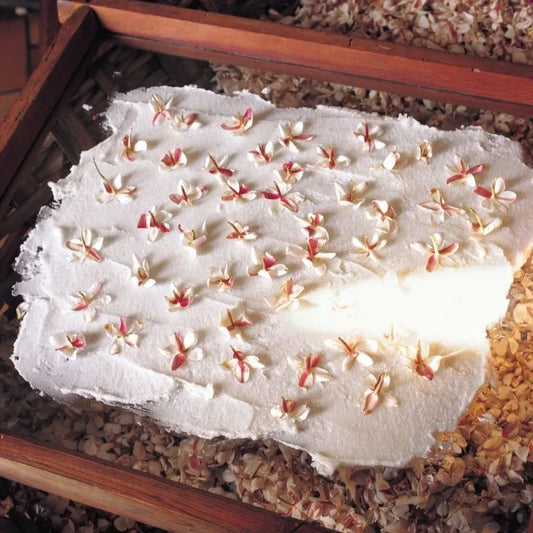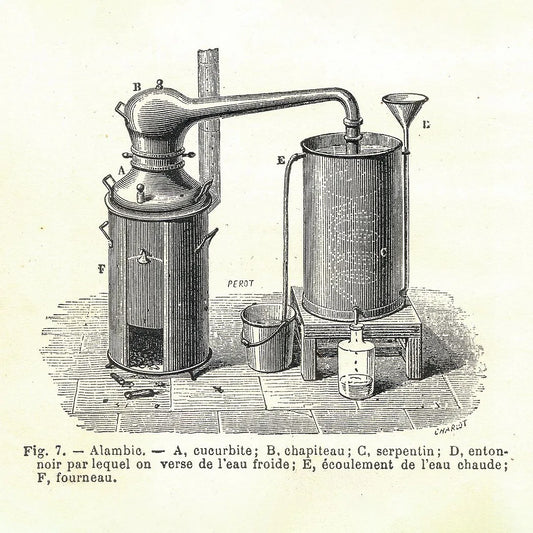It is difficult to say for certain that essential oils as a whole can have an effect on disease, illness, pain, or any other medical condition, as there is a great deal of variation between oils and their effects on the human body. Given the long history of plant matter in ancient medical practice, folk medicine, and alternative therapies, however, much research currently explores this question.
Ancient practitioners of healing and medicine thousands of years ago used plant essences to treat all kinds of ailments and diseases, with varying degrees of success. Aromatic oils appeared in medical practice in Egypt, China, and India as far back as 2,500 years ago, but whether those patients’ health simply improved with time and rest or because of the use of a specific oil can never be known for certain.
Hippocrates (460–370 BC), considered an early founder of Western medicine, believed strongly in the healing power of nature (vis medicatrix naturae in his writings) and often used ointments and balms made from plants to treat wounds and other injuries. (Aromatherapy practitioners are fond of quoting him as writing, “The key to good health rests on having a daily aromatic bath and scented massage,” but an exhaustive search of his writings did not produce this statement and included only a passing reference or two to aromatics.)
Modern medicine requires rigorous testing of any substance to determine its effectiveness in treating a specific condition. Until very recently, the claims made about the healing properties of essential oils had not attracted much attention from the scientific community, so very little testing had been done in the United States and only slightly more overseas. There has been a significant increase in testing since 2010, and some of this research has produced promising results in the laboratory, with mixed results in human trials. The results of these tests may lead to more consideration of essential oils’ potential as medicine for human beings.
Each oil has its own chemical composition, so with dozens of these oils available, no general statement can be made about all of them—just as we cannot state that all prescription pharmaceuticals have an identical effect on the human body. We do know, however, that essential oils are not required for human health and are not called “essential” because of any role they can or do play in human existence. The term simply refers to their chemical nature within the plants from which they are extracted.
Harpreet Gujral, DNP, FNP-BC, program director of integrative medicine at Sibley Memorial Hospital in Washington, DC, notes that even if certain scents do nothing but elevate a person’s mood, they can have a positive effect on their health. Inhaling a pleasant scent sends molecules through the olfactory system to the amygdala, the part of the brain that governs emotions. If the aroma pleases the person smelling it, they may feel better emotionally, which can improve their physical health.
Today’s professional aromatherapists point to a wide range of properties attributed to essential oils. Some are considered analgesics (painkillers), some may have antidepressant capabilities, and others are considered antifungal, anti-inflammatory, antiseptic, antispasmodic, calming, decongesting, aid to digestion, disinfectant, fever-reducing, sedative, diuretic, or a booster to the immune system. We will look at many of these uses and the truth or fiction in these claims later in this book.
Specific oils have shown some promise in scientific studies. For example, doctors have used peppermint oil to calm gastrointestinal distress for many decades, and recent meta-analysis (Alammar, Wang, et al., 2019) of 12 randomized trials of a total of 835 patients has shown that it has a positive impact on irritable bowel syndrome (IBS) as well. A 2017 study published in the American Journal of Gastroenterology (Chowdhary et al., 2017) found that peppermint oil relieved swallowing disorders (dysphagia) in two-thirds of the patients who used it.
Tea tree oil has become an ingredient in a number of products for topical application. One randomized, double-blind, placebo-controlled study as far back as 2007 determined that a 5 percent tea tree oil gel had as much effect on reducing mild to moderate acne as benzoyl peroxide, the leading over-the-counter pharmaceutical for the same purpose (Enshaieh et al., 2007).
Lavender—or more specifically, linalool, one of the terpenes in the plant’s oil—has been shown in studies to have a calming effect on mice with a sense of smell, in comparison to mice with no ability to smell the oil (Harada et al., 2018). To further test this effect, the researchers injected the mice with flumazenil, a drug used by anesthesiologists to reverse the effects of sedatives, and the mice responded as they would if they had taken the sedatives. This told Harada and his team that linalool had had its effect on the same receptors in the body that are calmed by sedatives, making the terpene a potential calming agent on its own. Baldwin and Chea (2018) conducted a similar experiment on eight dressage horses and found that aromatherapy using lavender calmed the heart rate variability in the horses as well, while chamomile did not—indicating that the lavender, not floral scents in general, could be used to lower anxiety in naturally skittish show horses.
A mist of water scented with lavender essential oil (specifically Lavandula angustifolia) has been shown to have an effect on sleep, helping people fall asleep more rapidly and stay asleep through the night. The impact of the scent on rodents in the study (Buchbauer et al., 1993) was described as “significant,” putting the mice to sleep fairly quickly. In a second round of testing, the researchers stimulated the mice to the point of “overagitation” with caffeine and then exposed them to lavender again, and the mice became sleepy even though chemicals in their system pushed them to stay awake.
Tea tree oil and eucalyptus oil have each shown promise in studies examining their use as antiviral treatments for herpes simplex virus (HSV). Schnitzler (2019) reviewed all the studies to date on essential oils and HSV and determined that these two appear to have the ability to inhibit HSV from replicating or attaching itself to cells (adsorption). These laboratory results need to be tested in clinical trials with humans, but these oils in pharmaceutical form may be a solution to an uncomfortable and recurring virus.
More research must be done before any of these potential uses can be put into practice. Simply picking up a bottle of tea tree oil and dabbing it into a herpes lesion will not cure the virus; factors including dosage, form and method of use, frequency, safety, and other issues must be determined before essential oils can be used in a medical application.





